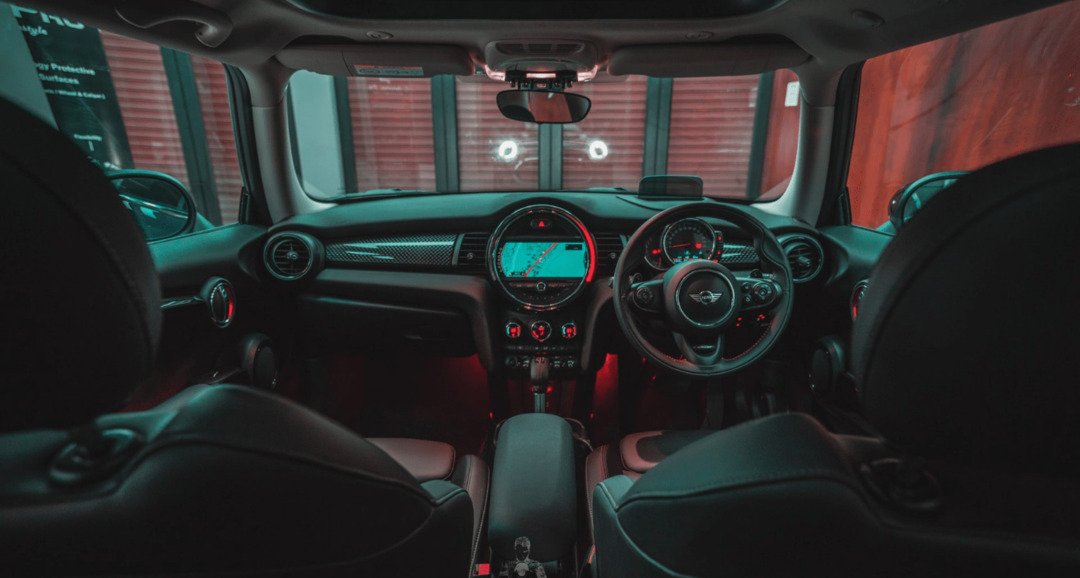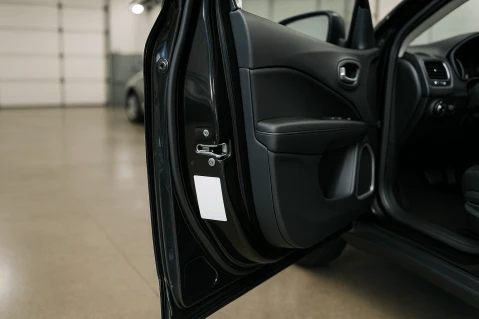A recent report from the Federal Trade Commission acknowledges that it's challenging to finance and buy a used car. The biggest problem buyers face is paying more than expected after the initial negotiations.
Are you wondering how to buy a used car that's both practical and affordable? Do you know the things to look out for in a good used car? And how can you save enough money to easily manage your used auto payments?
We'll answer these important questions and more. Keep reading for our best "buy used car" tips, including how to budget for your purchase.
Count the Costs Before You Buy a Used Car
Before you start shopping for a good deal on an auto loan, keep in mind that there's a lot more involved than just your monthly payment.
You also need to budget for:
- The total price (sticker price) of the vehicle
- Sales tax
- Registration fees
- Title transfer
- Vehicle registration
- Auto insurance premiums
- Fuel costs
- Maintenance and repair work
- Optional items, such as an extended warranty
Of course, there are plenty of ways to reduce your used auto payments. One way is to shop around for the best interest rates on your car loan.
It's also worth comparing how much you'll spend going with a private party or buying from a car dealership. Get familiar with how used car values are calculated so you can spot a good deal (or a bad one) when you see it.
How to Buy a Used Car: Know What You Can Afford
Now that you know what to expect to pay when you buy a used car, it's time to figure out how much car you can afford to buy.
The old standby rule was to budget 20% of your income for vehicle expenses. This leaves the other 80% for your mortgage or rent, insurance, utilities, food, and other daily expenses. Depending on your salary, you may (or may not) be able to set aside a fifth of your income for a car payment.
If money is tight, you may fare better following one of these rules:
- The 10% rule: Your car payment equals 10% (or less) of your annual salary
- The 36% rule: Total loan payments (car, mortgage, student, etc.) should equal less than 36% of your salary
- The 20/4/10 rule: Put 20% down, finance the car for four years, and keep the payment under 10% of your salary
It's best not to start shopping for a used car until you've calculated exactly how much you can afford to spend. You don't want to fall in love with a certain car, only to realize it's beyond your budget.
How to Save for Your Used Auto Payments

So, you've done the math and you know how much you can afford for your used auto payments. You've also shopped around for financing options and determined your maximum "out the door" price.
Here's how to reach your goal and buy a used car you can afford.
Start by Cutting Small Expenses
If you struggle to save money, one of the best places to start is by reducing small daily expenditures.
Does it really matter that much? Think about it this way: To save $1,000 in a year, you only need to save $2.74 a day.
Brew a pot of coffee at home rather than stopping at Starbucks. Pack your lunch instead of eating out. Skip the 30-minute shower and do a quick rinse instead. These seemingly minor changes can equal big savings over time.
Separate Wants From Needs
When you're ready to start shopping for a vehicle, focus more on function than form. You may want that gorgeous red Camaro, but is it really suited to your needs?
For example, if your family includes young children, safety should be your foremost concern. If you have a long commute to work, you need a car that's reliable, comfortable, and gets good gas mileage.
This isn't to say you should buy the ugliest car on the lot, but you do need to be honest with yourself and realistic about your needs. The flashiest car won't do you a bit of good if you can't afford it in the long run.
Research Used Cars With an Open Mind
You may love a particular make or model, but don't go into your car search with tunnel vision. There are plenty of great used cars out there, so be willing to consider any model that meets your needs.
Spend plenty of time reading reviews — especially the negative ones. One poor review in a sea of positive reviews doesn't automatically mean you should cross a car off your list. However, watch out for the same trend in negative reviews that could signal a major flaw with the car model.
Do five different reviewers mention that their transmission went out early? Were multiple reviewers involved in accidents due to the car's blind spots? If you consistently read about the same problem, it's best to turn your attention to affordable models with better reviews.
The Best Buy Used Car Tips (And More)
Before you can get a good deal for your used car payment, you first have to prepare your finances. Make sure you understand all the costs involved in the car purchase process, from interest rates and extended warranty options to the monthly payment amount.
Whether you go with a private seller or a car dealership, be sure you know how much car you can realistically afford. Use the budgeting tips listed above to save the cash you'll need for your used auto payments.
When you find a vehicle you like, check the selling price against the Kelley Blue Book value. You'll also want to run a vehicle history report before you complete the car purchase.
We're here to help you buy a used car that's well-suited to your budget and lifestyle. Get started on the road to vehicle ownership with our free VIN check and car history reports.







